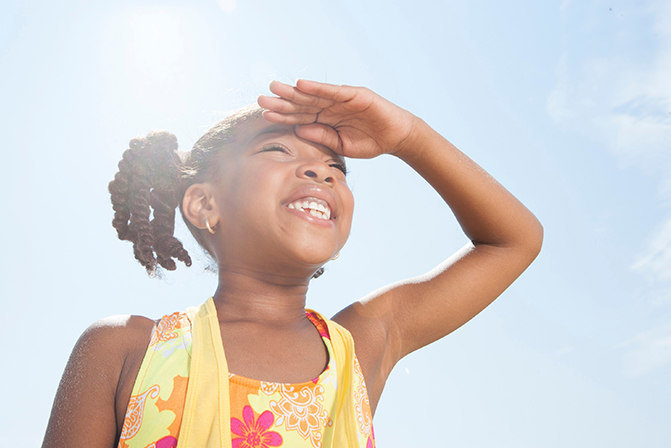

Child Abuse and Trauma
It is estimated that 1 in 4 U.S. children experience some form of child maltreatment in their lifetimes and most of these are under 3 years of age (National Centers for Disease Control and Prevention, accessed 2017).
Physical, sexual, and emotional child abuse and neglect have a terrible impact on the psychological and social development of the child. Children suffering from trauma commonly experience repetitive memories and behaviors, trauma-specific fears, and changed attitudes about people, life, and the future.
Child abuse is especially destructive when perpetrated by the parent, as it reflects a devastating corruption of the parent-child relationship. The child may experience an “accommodation syndrome” in which they may eventually attempt to normalize their experience of abuse. Secrecy, helplessness, entrapment and accommodation, disclosure, and retraction are all common manifestations of child abuse.
Defenses, including denial, distortion, distancing, and self-destruction, may evolve in response to the lack of parental protection. Ultimately, child abuse may lead to disorders in adulthood, including dissociative, anxiety, and personality disorders.
Child abuse and neglect are not uncommon. Understanding how they may be maintained across generations and impact the psychodynamic and social development of the child is important for clinicians working with any age population.
Continuing Education Course in the Psychodynamics of Child Abuse and Trauma
Dr. Michael J. Gerson, a psychologist, psychoanalyst, and marriage and family therapist, is an expert in child abuse and domestic violence. He takes a psychodynamic perspective in a discussion about the emotional, cognitive, behavioral, and diagnostic outcomes of child abuse, as well as multigenerational issues.
He includes case descriptions to illuminate his discussion in an intriguing online audio course. The course earns 8 CE credits and may be applied to an institute specialization in Certificate in Psychoanalytic Psychotherapy as well.